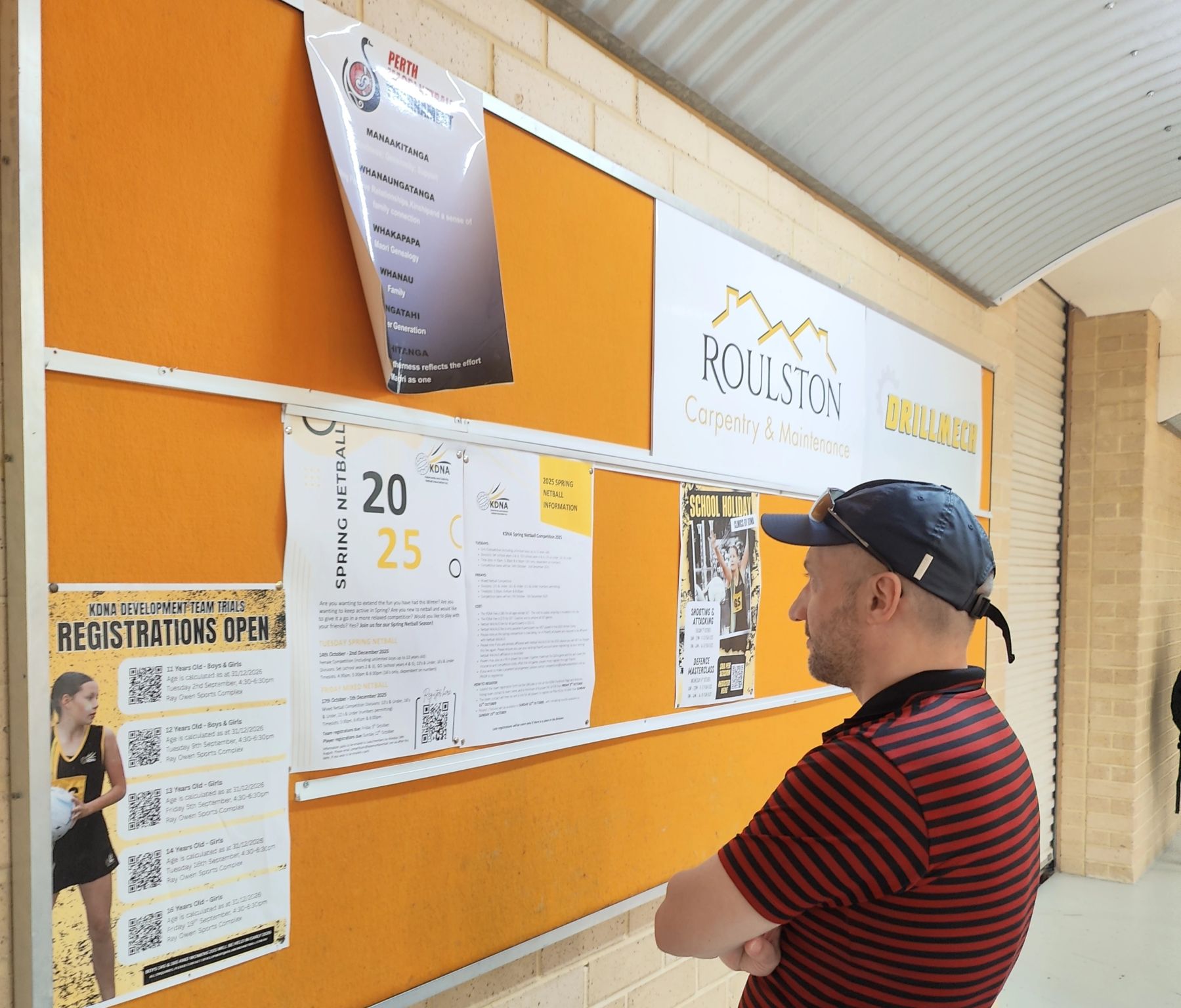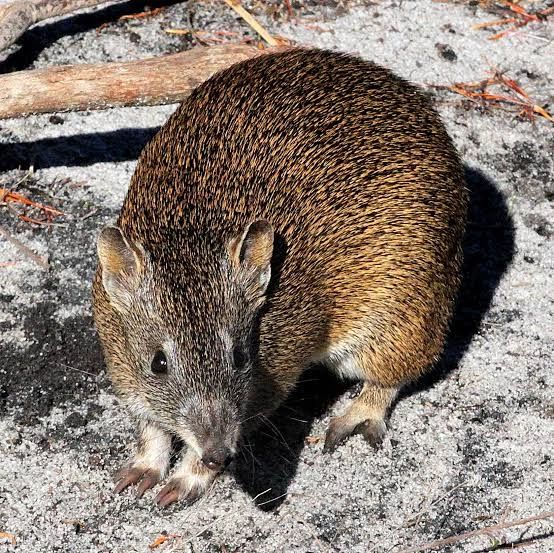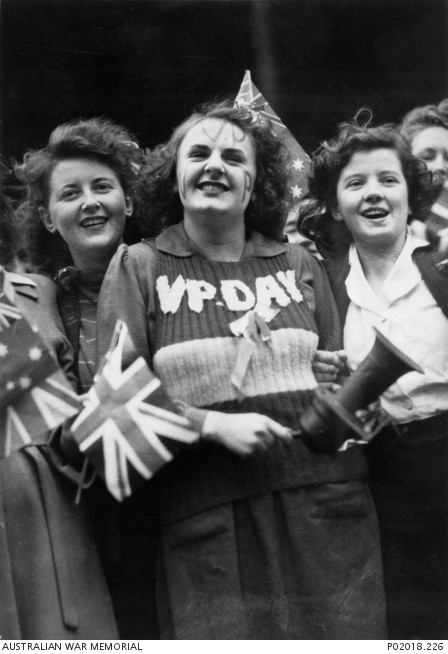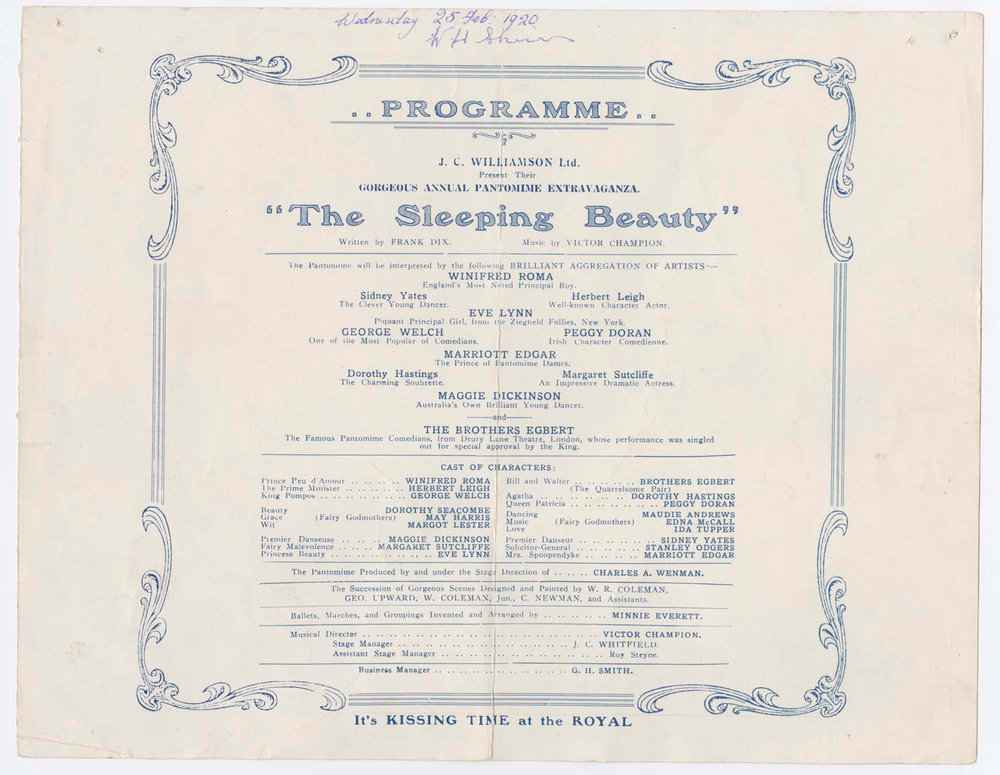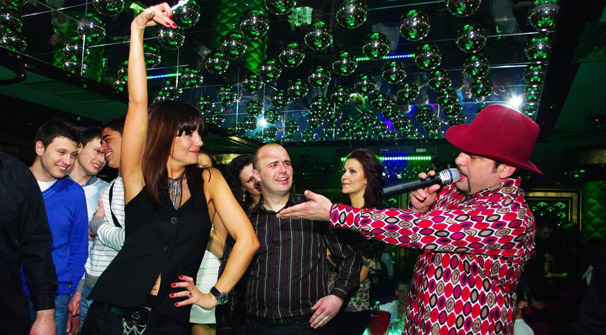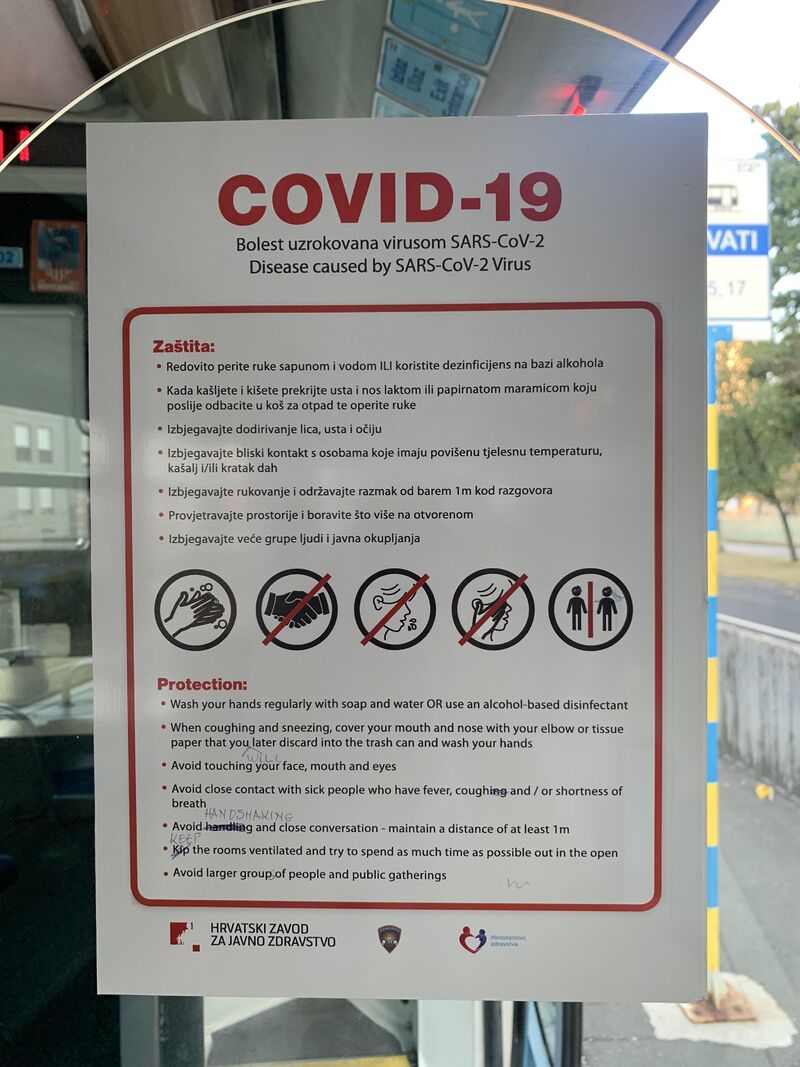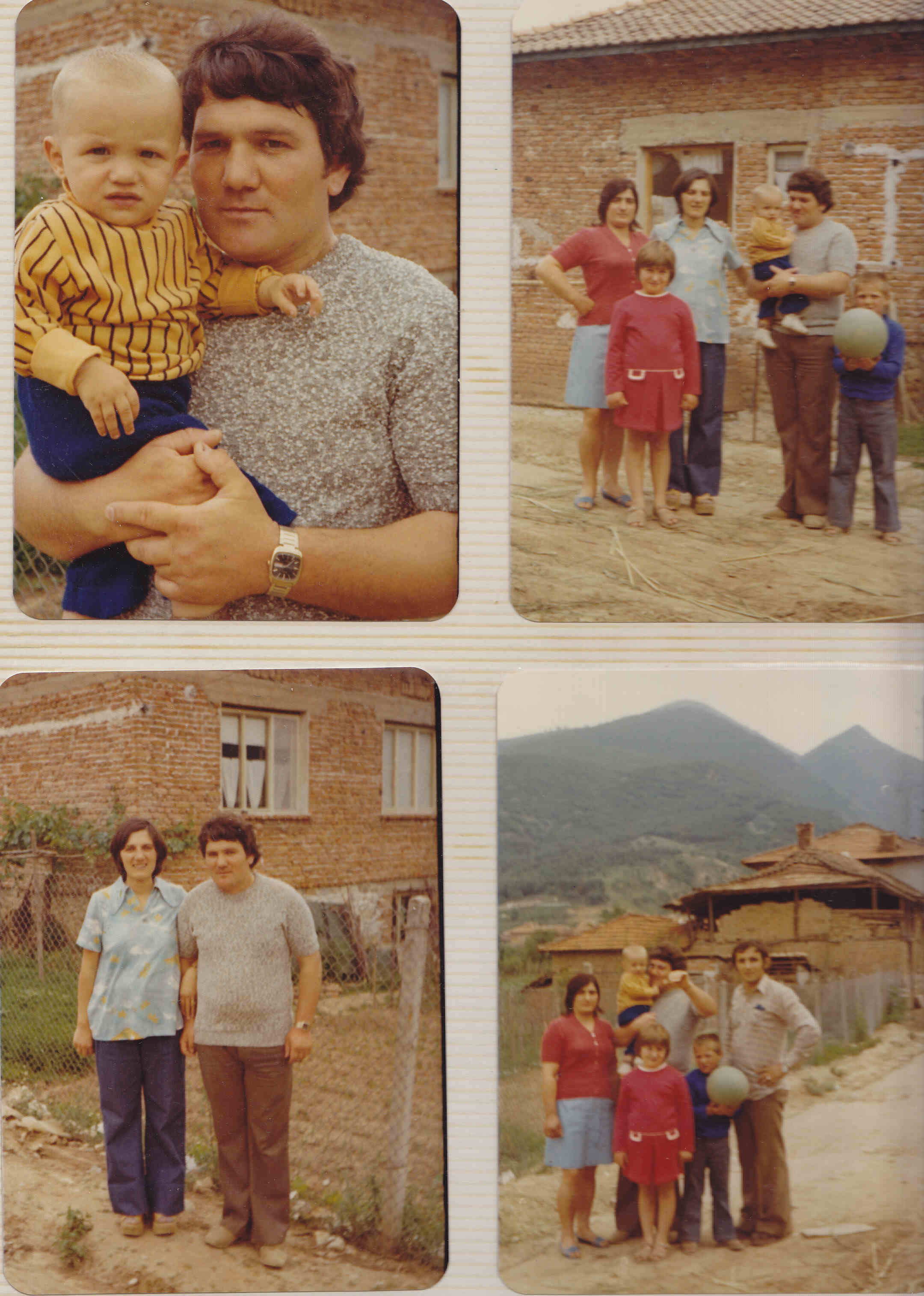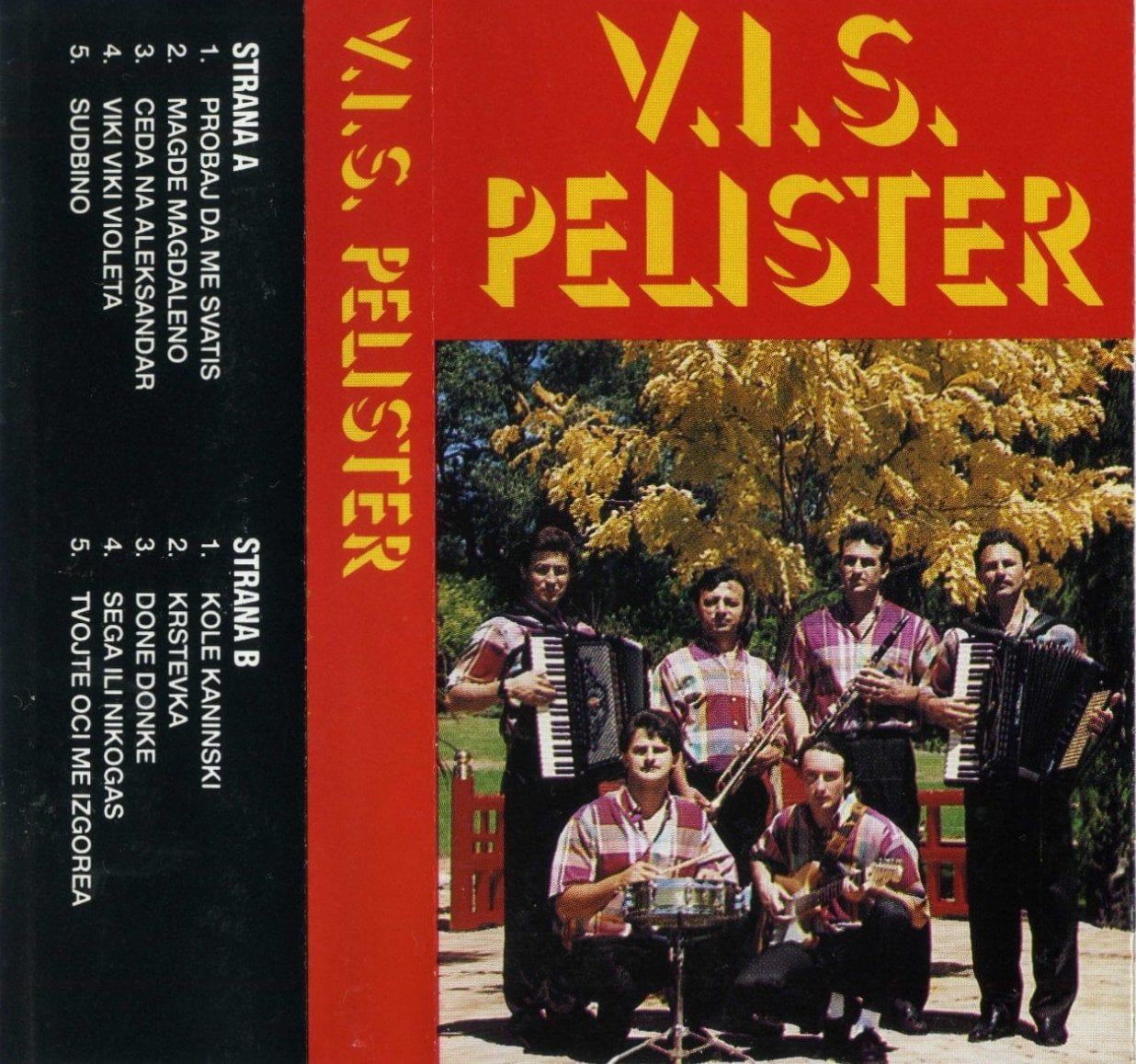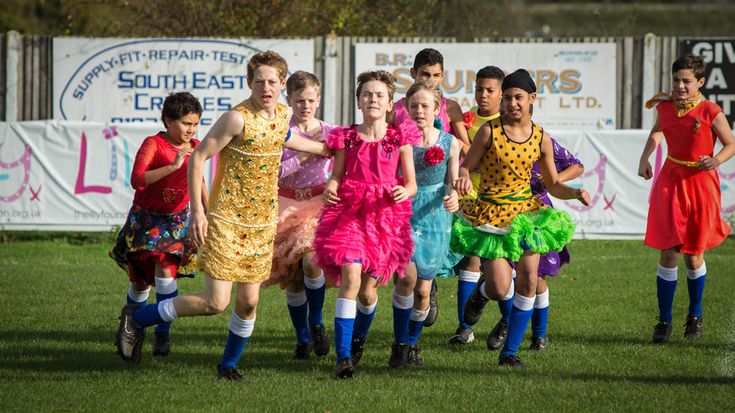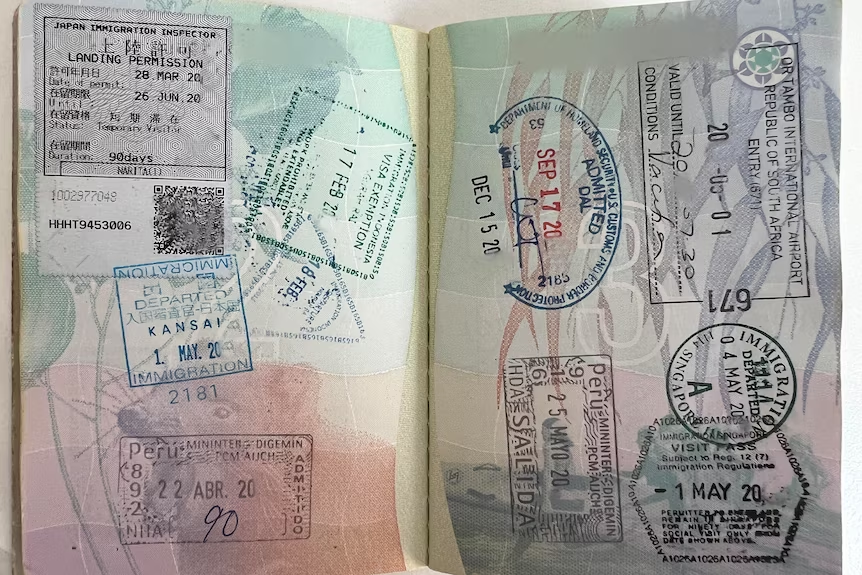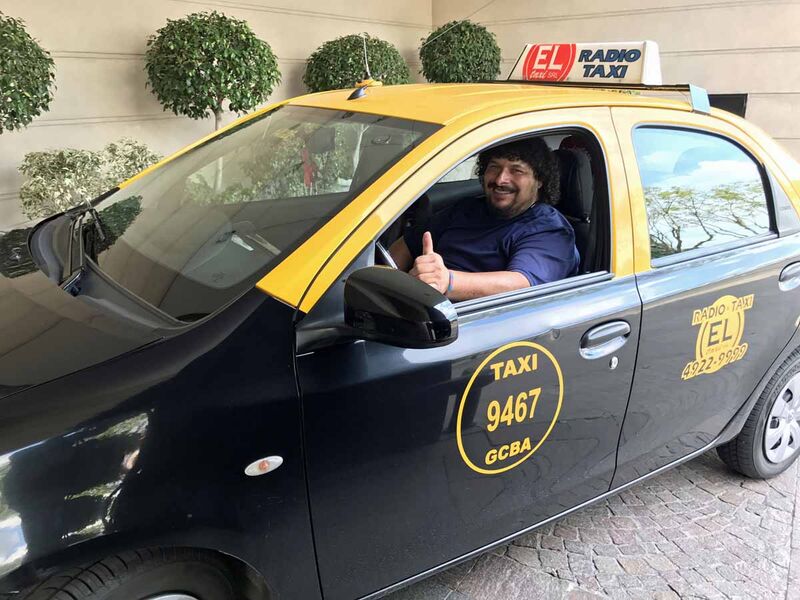So who's going to win: Sunderland or Newcastle?
No, I'm not talking about football here ⚽
This is about the fierce competition of which out of the two bitter Geordie rivals will be quickest in counting their votes after polls have closed for the UK elections on 4 July. It's a time-honoured tradition!
At the 2019 election Newcastle "won" with 61 minutes, and Sunderland came second at 87 minutes
Sunderland was the fastest in every election from 1992 to 2015, but Newcastle secured wins in 2017 and 2019. This time though, Newcastle has already ruled itself out of the game... if there even was one, as both cities claim there's no competition here. But watch out for newcomer Blyth Valley, which came third in 2019, and had it not been for a recount could've taken the crown.
Now this race-that-isn't-a-race fascinates me not just because it's actually quite exciting to watch but also because something like this can only happen in a country with first-past-the-post voting. Australia, where I come from, has a preferential voting system, which means vote counts can take days to complete, coupled with the increasing proportion of absentee votes, so no chance of any race happening.
More about this UK election tradition here
Instead, if there's anything that Aussies associate with voting, then it's the Democracy Sausage 🌭
Since definitely the 1980s, many (not all) polling booths in Australia have usually had a sausage sizzle set up raising funds for a local charity. Since voting is compulsory in Australia, it's guaranteed that there'll be a crowd for the Democracy Sausages, as they've been known for the past decade, which basically are bangers in white bread with tomato sauce (note, not "ketchup") and optional fried onions. There have been post-grad studies and even a book about the phenomenon.
Dedicated websites and social media profiles provide valuable info about polling booths have Democracy Sausages ready, so best check those to save yourself the disappointment of missing out.
And yes, Aussie pollies love to show how dinky di and down with the unwashed masses they are by having the obligatory PR photo of them about to gobble down their demo sav.
This being the 2020s, your modern-day sausage sizzle now often comes with vegetarian, vegan, gluten-free, halal, kosher and locally sourced sausages and bread too.
But if a sausage is not your thing, there's also often a cake stall on hand, with all proceeds also going to a local charity. To get into the mood, the cakes are often renamed with puns based on politicians' names or major election issues at the time, such as "plebi-slices" or "Malcolm Turnballs".

How about southeast Europe? Are there vote-count comps or food on offer?
Well... when you have all election materials in Bulgaria by law required to remind voters that the "buying and selling of votes is illegal", it should come as no surprise that voting traditions in the region often involve fraudulent practices. The most famous one is the "bugarski voz/vlak" (the "Bulgarian Train", as it's known in ex-Yugoslavia) or "индианска нишка" ("Amerindian string" as it's known in Bulgaria). There hasn't been an election for the past two decades where this practice has not been claimed.
This is how it goes...
A "lokomotiva" (i.e handler) distributes pre-filled ballots in front of polling stations. Voters who are willing to sell their ballots take these into the polling stations, where they obtain empty ones, and cast the pre-filled ones. Then, they go back outside and hand the empty ballots to the "lokomotiva", who fills them in and uses them with the next voter, so the Bulgarian Train or Amerindian String keeps going. Sometimes the lokomotiva might transport these voters to other polling stations to do the same.
You can imagine that many of the region's poor and deprived take advantage of this to afford a little extra in life.

Whatever you do in an election, do participate and vote for who you think will best represent you.


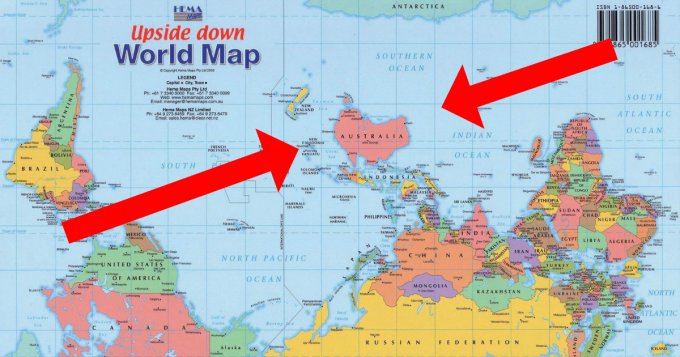



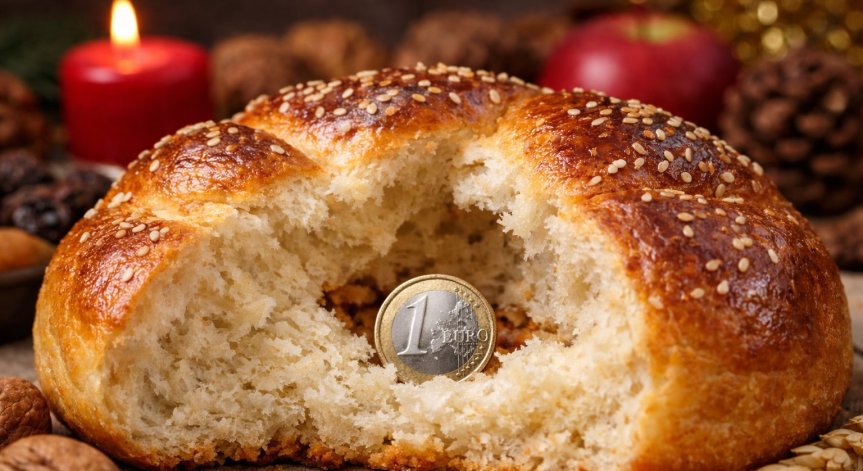


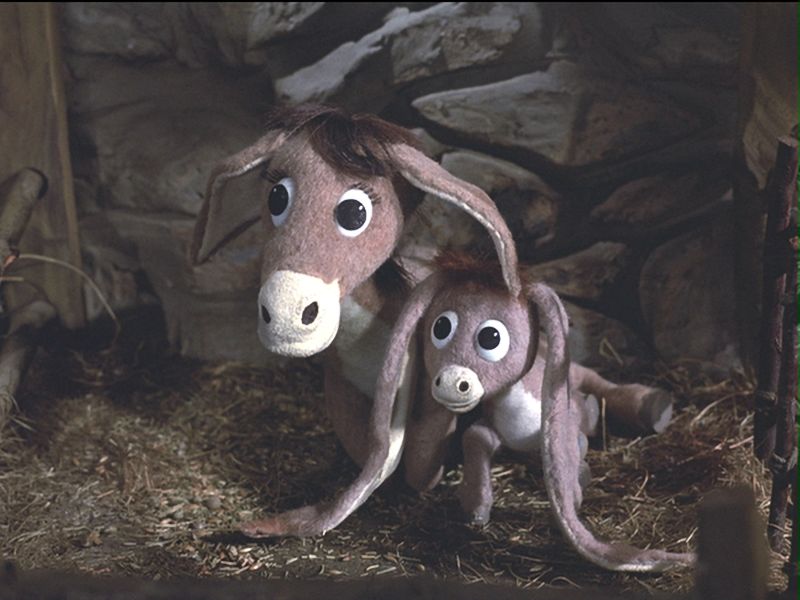



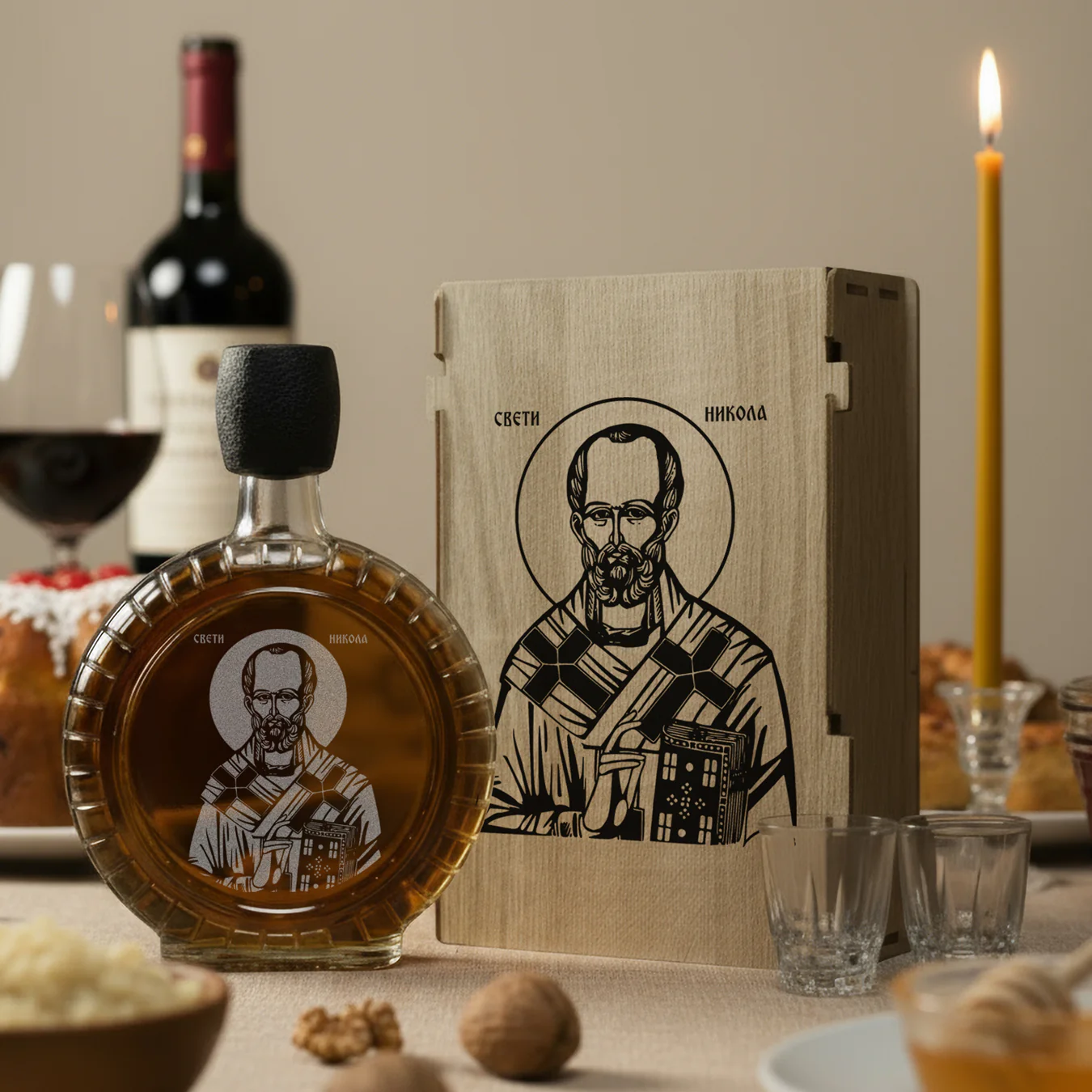
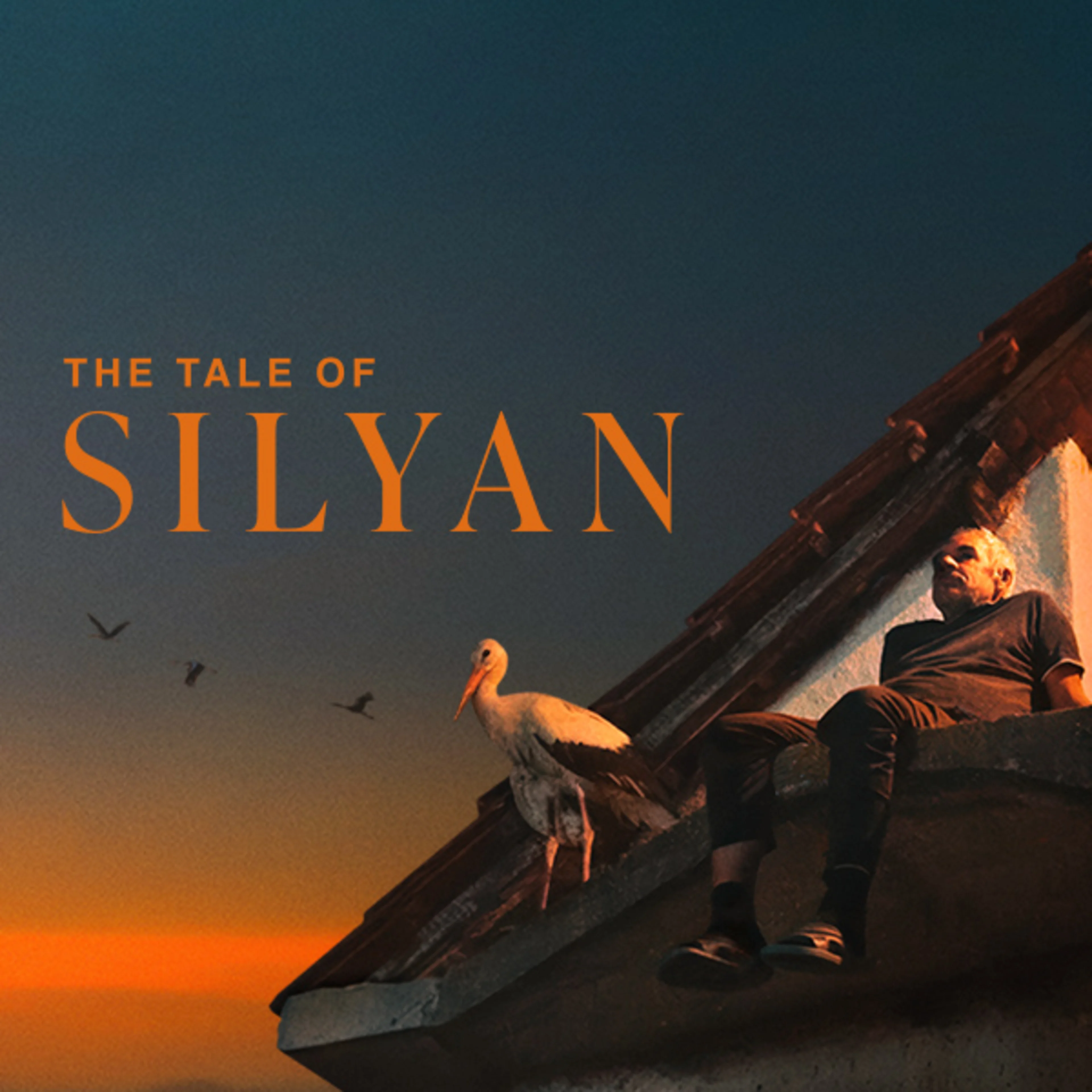
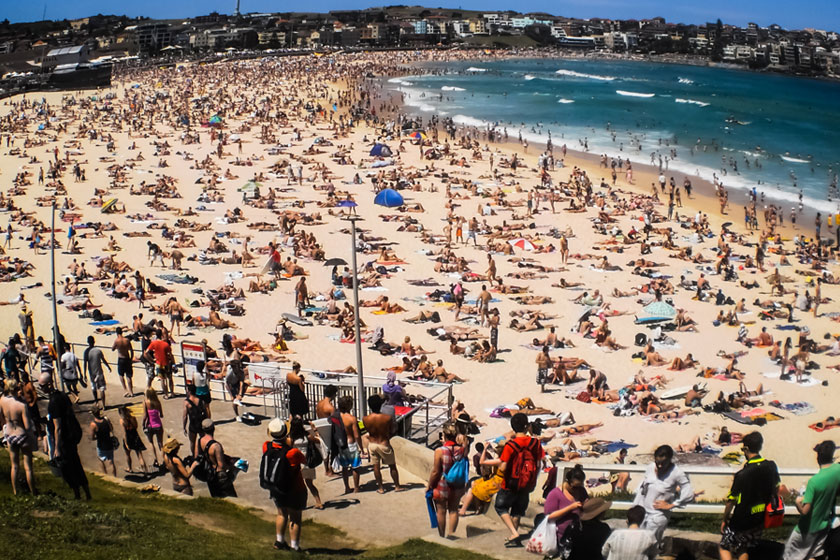
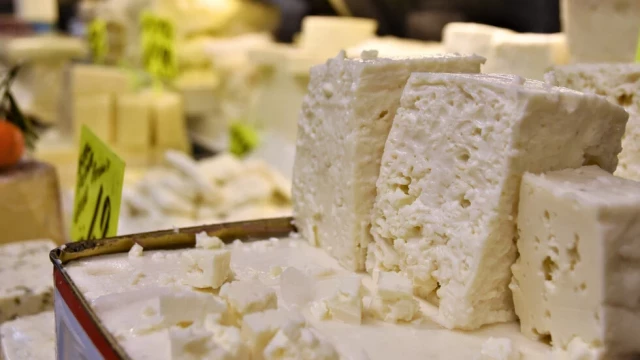
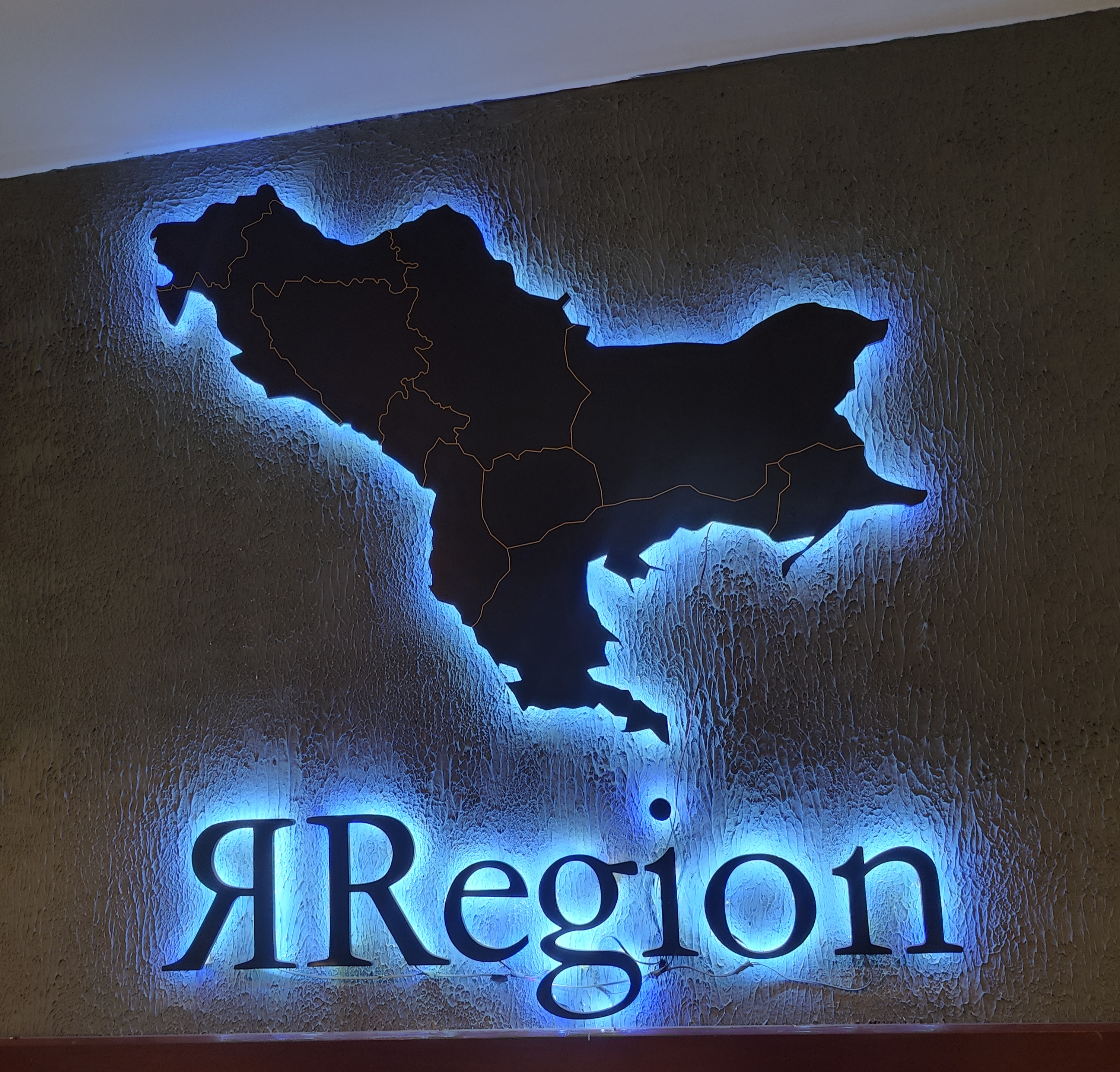
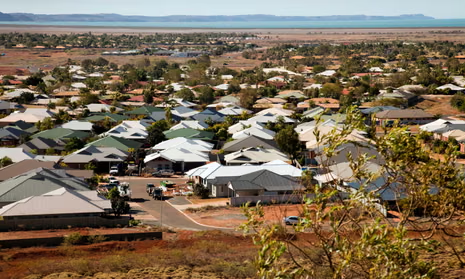
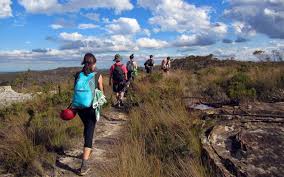

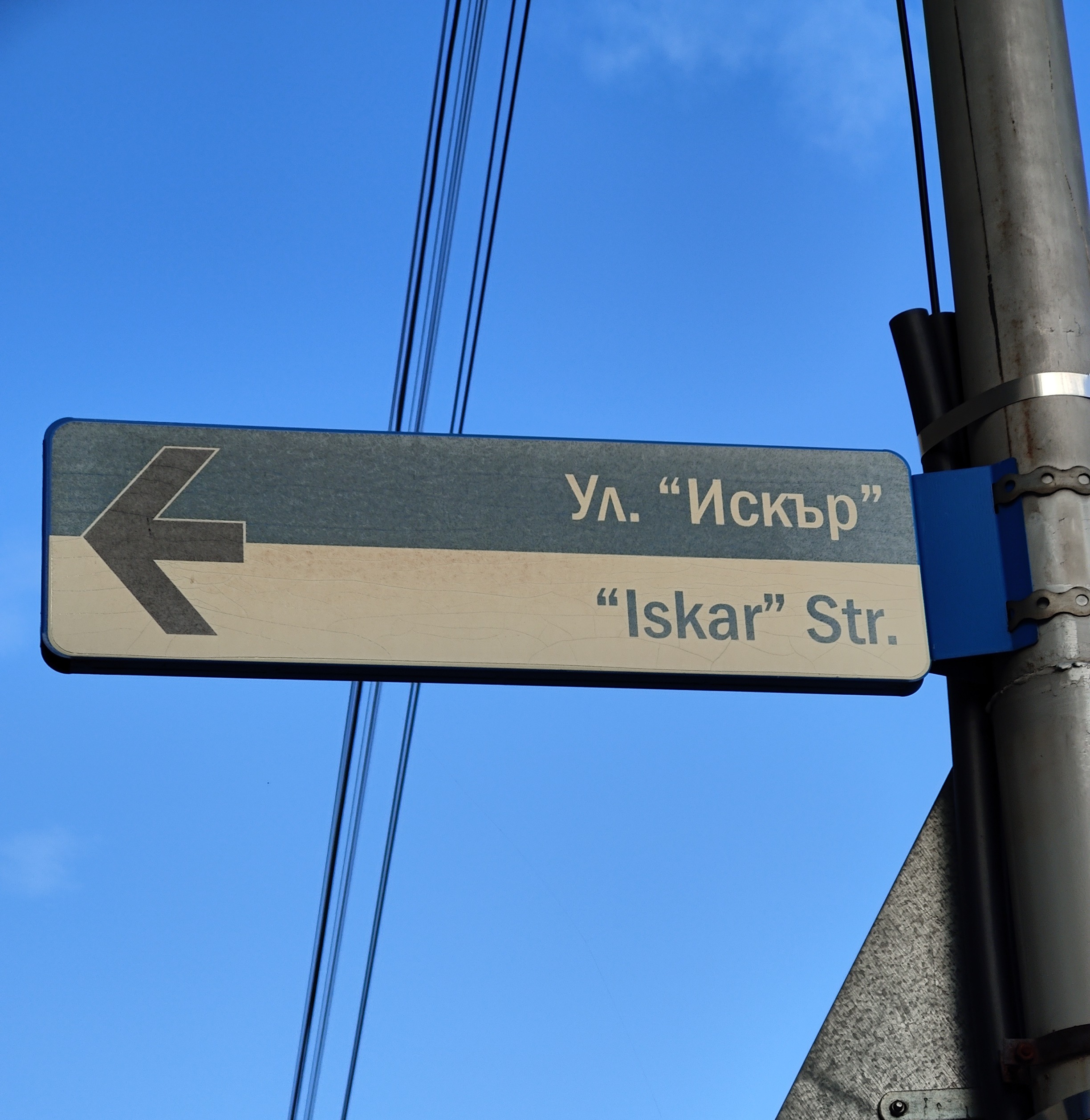






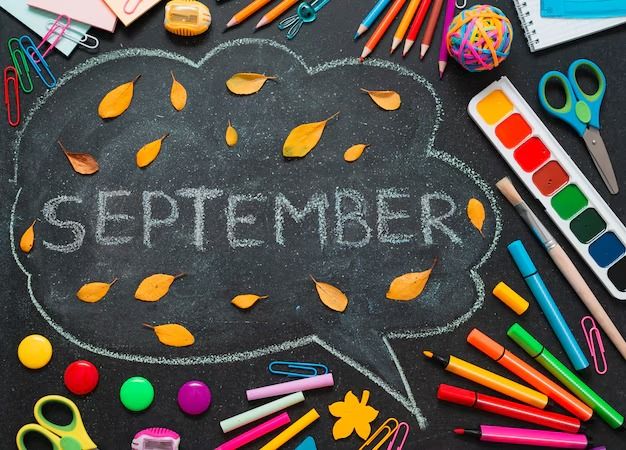

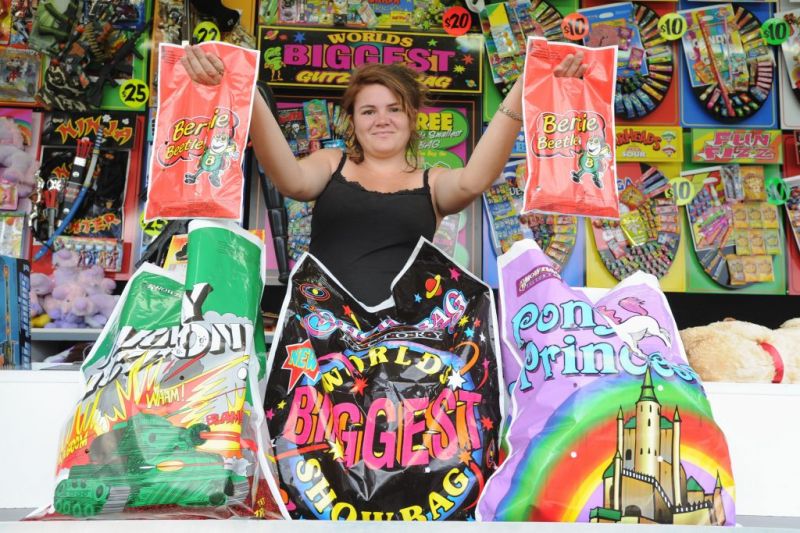

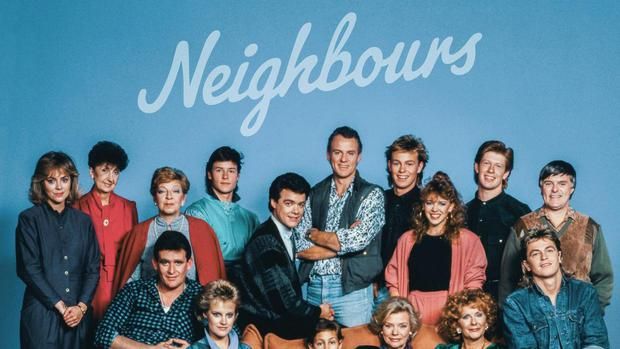




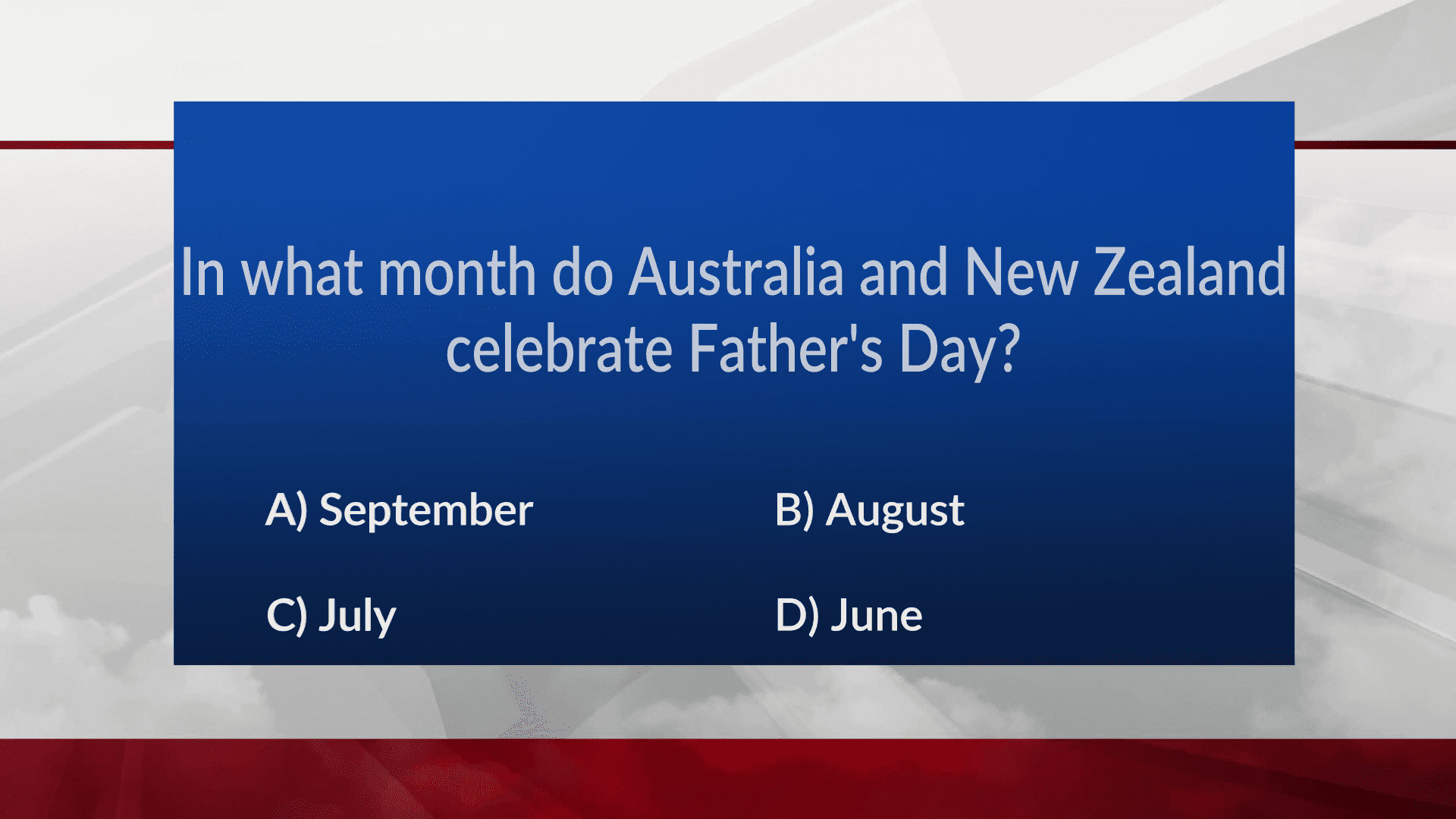












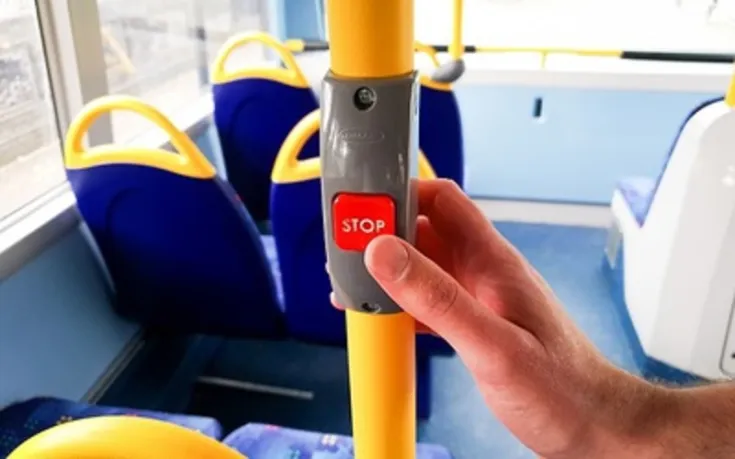







































.%20A%20day%20of%20campaigning%20%E2%99%80%20%E2%80%A6%20or%20a%20day%20to%20buy%20flowers%20%F0%9F%92%90.jpg)
